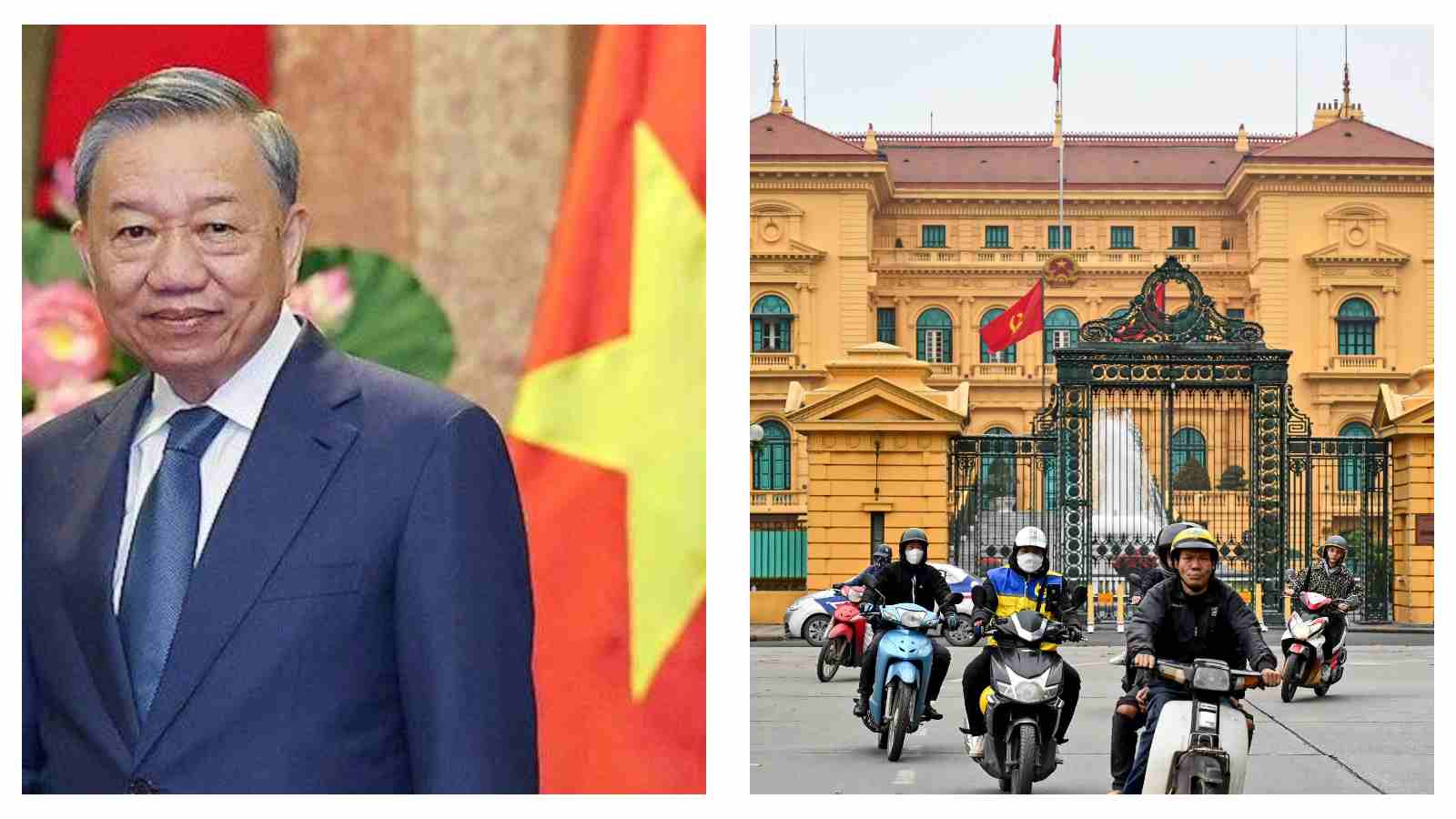By Vivien Bernardino
Vietnam is undergoing its biggest administrative restructuring since the 1980s to improve the government’s efficiency, ease the strain on the state budget, and achieve double-digit economic growth.
But in the process, an estimated 100,000 employees in the public sector could lose their jobs over the next five years.
Key changes in government structure
In February, the National Assembly (NA), Vietnam’s legislature, approved a new government structure aimed at reducing the number of cabinet ministries from 18 to 14 through mergers and dissolution.
Among those being dissolved are the ministries of transport, planning and investment, labour, and communications.
Members of the 15th NA also appointed two new deputy prime ministers – Nguyen Chi Dung, former minister of planning and investment, and Mai Van Chinh, former head of the Central Mass Mobilisation.
This means that the new government now has 25 members, including the prime minister, seven deputy prime ministers, 14 ministers, and three leaders of ministerial-level agencies.
Plans are also in motion to reduce the number of Vietnamese localities by 50 per cent and grassroots-level administrative units by 60-70 per cent.
The government aims to complete this task as early as August 30 this year.
READ MORE: Malaysia’s Prime Ministerial Term Limit: A Necessary Reform?

‘Revolution’
The restructuring campaign comes nearly a year before members of the Communist Party of Vietnam (CPV) gather for their quinquennial congress to choose new leaders and chart the country’s path for the next five years.
To Lam, general secretary of the CPV, once described the administrative restructuring as a “revolution” that signals a new era of national development.
“The confluence of strategic opportunities after 40 years of reform presents a historic chance for the nation to enter an era of development and the rising era of the Vietnamese nation,” he wrote in a November 2024 article published by state-run Vietnam News.
“This also necessitates an urgent and decisive revolution to build a truly streamlined, effective and efficient political system that meets the demands of the new revolutionary phase,” added Lam.
Lam took the helm of Vietnam’s ruling party last August following the death of his successor, Nguyen Phu Trong.
100,000 expected to exit public sector
The government expects that 100,000 officials, public employees, and civil servants could be terminated or allowed to resign or retire early as a result of the restructuring.
At the Ministry of Finance alone, 9,640 positions are expected to be cut this year and another 10,000 in 2026.
Meanwhile, 717 employees have tendered their resignation since the merger between the Ministry of Agriculture and Rural Development and the Ministry of Natural Resources and Environment, while 283 others have expressed their intention to quit their jobs.
YOU MAY ALSO LIKE: Indonesia’s new law to see expansion of military in government roles

Support for affected officials, public employees
Up to VND130 trillion ($5.09 billion at today’s exchange rates) is needed to implement the restructuring campaign and support the affected officials and public employees, according to the Ministry of Home Affairs (MoHA).
Of the total, VND111 trillion ($4.34 billion) is intended for affected government officials, VND4 trillion ($156.63 million) for public employees, and VND9 trillion ($352.42 million) for commune-level civil servants.
The MoHA expects to save VND113 trillion ($4.24 billion) for the state budget over the next five years.
No impact on foreign investment procedures: MoFA
Two months before the approval of the new government structure, the Ministry of Foreign Affairs (MoFA) allayed foreign investors’ concerns that the government’s plan to restructure its ministries could slow down project approvals in Vietnam.
MoFA spokesperson Pham Thu Hang said the country has strong regulations aimed at creating a favourable environment for foreign investors.
“The restructuring and rearrangement process will not impact the implementation of investment procedures in Vietnam because the state management functions remain consistent,” she added.
READ NEXT: President Rodrigo Roa Duterte’s ICC case: Will the arrest end with Duterte?
